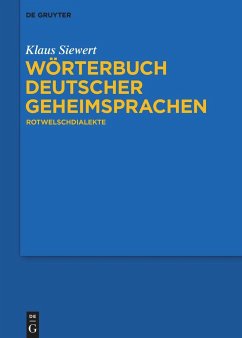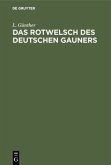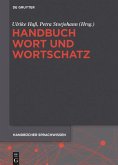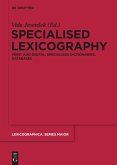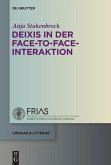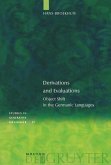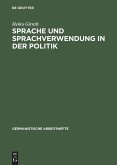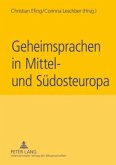The dictionary presents the argot of German cyptolects, which have been documented in the last 20 years as part of the resurrection of research in jargons. We are dealing here with the dialects of what is known as Rotwelsch (thievesâ?? cant) which could function as cryptolects by integrating words from donors such as Jewish German, Romany, Romance and Slavonic languages and medieval thievesâ?? cant. The dictionary is based on surveys of speakers and written sources and is ordered by word families. Each article presents a headword together with written variants, meanings, examples of usage, and information on the source of the words.
Das Wörterbuch bietet den Verdunkelungswortschatz von deutschen Geheimsprachen, die in den letzten 20 Jahren im Zuge der Neubelebung der Sondersprachenforschung dokumentiert worden sind. Dabei handelt es sich um sogenannte Rotwelsch-Dialekte, die durch die Integration von Wörtern aus Spendersprachen wie etwa dem Jüdisch-Deutschen, Romanes, romanischen und slavischen Sprachen sowie dem mittelalterlichen Rotwelsch als Geheimsprachen funktionieren konnten. Das Wörterbuch beruht auf Sprecherbefragungen und schriftlichen Quellen und ist nach Wortfamilien geordnet. Die einzelnen Artikel bieten neben dem Kopflemma schreibsprachliche Varianten, Bedeutungsangaben, Verwendungsbeispiele und Angaben zur Herkunft der Wörter.
Das Wörterbuch bietet den Verdunkelungswortschatz von deutschen Geheimsprachen, die in den letzten 20 Jahren im Zuge der Neubelebung der Sondersprachenforschung dokumentiert worden sind. Dabei handelt es sich um sogenannte Rotwelsch-Dialekte, die durch die Integration von Wörtern aus Spendersprachen wie etwa dem Jüdisch-Deutschen, Romanes, romanischen und slavischen Sprachen sowie dem mittelalterlichen Rotwelsch als Geheimsprachen funktionieren konnten. Das Wörterbuch beruht auf Sprecherbefragungen und schriftlichen Quellen und ist nach Wortfamilien geordnet. Die einzelnen Artikel bieten neben dem Kopflemma schreibsprachliche Varianten, Bedeutungsangaben, Verwendungsbeispiele und Angaben zur Herkunft der Wörter.

